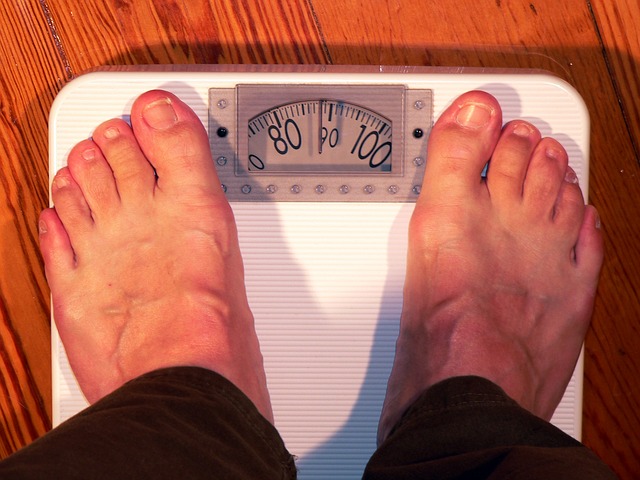What You Eat Can Affect Your Feet
BY PATRICK GREER
Your body’s health will always depend on what you eat. Although most people know this as a fact they assume that their choice of food only affects their primary organs such as the liver, heart, and kidneys.
But, food also affects your feet, and it will have some effect on everything from the health to the mass of your bones, muscles, and ligaments.

As you plan your diet, you should always recognize the fact that your choice will affect how your feet feel and even how you walk. Following a diet that is rich in fruits and vegetables is vital for the health of your feet. But first, you should understand just how food affects your feet.
Strengthening Bones
The human foot contains a total of 26 bones which means that a quarter of all the bones in the body are in the feet. There are also more than 100 muscles, tendon and ligaments and 33 joints. These numbers show just how important your feet are to your whole body.
Although various conditions can affect your feet, osteoporosis is one of the most common ones. Osteoporosis is a foot problem that leads to a gradual loss of bone, and it can increase the likelihood of fractures, and in most instances, doctors will only diagnose it when you get a fracture.
Eating foods rich in vitamins D and calcium can help to protect your feet from this foot problem. You can take supplements for these essential vitamins and minerals, but most experts advise that you get them from natural sources.
Some of these sources include leafy green vegetables like spinach, collard greens and kale, sardines, orange juice, cereals, and some fish types like salmon and tuna. Low-fat milk and other dairy sources will also be ideal for those that do not have a problem with lactose.
Dealing with Inflammation
As much as food is essential for the health of your feet, it can also cause some problems. Some foods like vegetable oil and those that are rich in refined sugars, trans fats, and Omega-6 fats can cause foot inflammation which is another common and painful problem.
For most individuals, this will manifest on their feet as plantar fasciitis which is a condition that causes a stabbing pain around the heel and along the bottom of the foot. Foods that cause a sudden spike in your blood sugar level like pasta, sweets and white wheat flour can also lead to inflammations.
As much as some types of food can cause inflammation, many others can help you deal with it. Switching to a more plant-based diet with foods from all the main food groups is one of the best ways of combating inflammation and foot pain. A plant-based diet does not mean that you are a vegetarian, but it is whereby you get most of your calories from vegetables and fruits.
Eating a diet that consists of vegetables like collards, spinach, and kale, fruits, whole grains, fish, and healthy oils will help to prevent and deal with foot inflammation and also reduce cravings to make weight management easy for you.

Being Overweight puts Excess Pressure on Your Feet
Apart from being keen on the types of food that you eat it is also important to check your weight.
Eating sugary and fatty foods leads to weight gain which can hurt the health of your feet.
The heavier you are, the more the weight that your feet will need to withstand
which in turn leads to foot pain and inflammations. Also, overweight individuals are more prone to sprains and fractures due to slips and falls.
Following a healthy diet will not only strengthen the bones, muscles, and ligaments but also helps to prevent obesity which also affects your feet.
Although your diet should be enough to provide the body with all the nutrients that it requires, it is still necessary to take vitamin and minerals supplements.
Minerals and vitamins help to deal with problems like plantar fasciitis and bridge any nutritional gaps. Also, combine your diet with routine exercises to improve your overall health
Author Bio: I am Patrick Greer, a blogger of Fix Your Walk, the blog dedicated to helping the people who are suffering from foot pain.
Disclaimer: This article is not intended to provide medical advice, diagnosis or treatment. Views expressed here do not necessarily reflect those of only gluten-free recipes or its staff.
